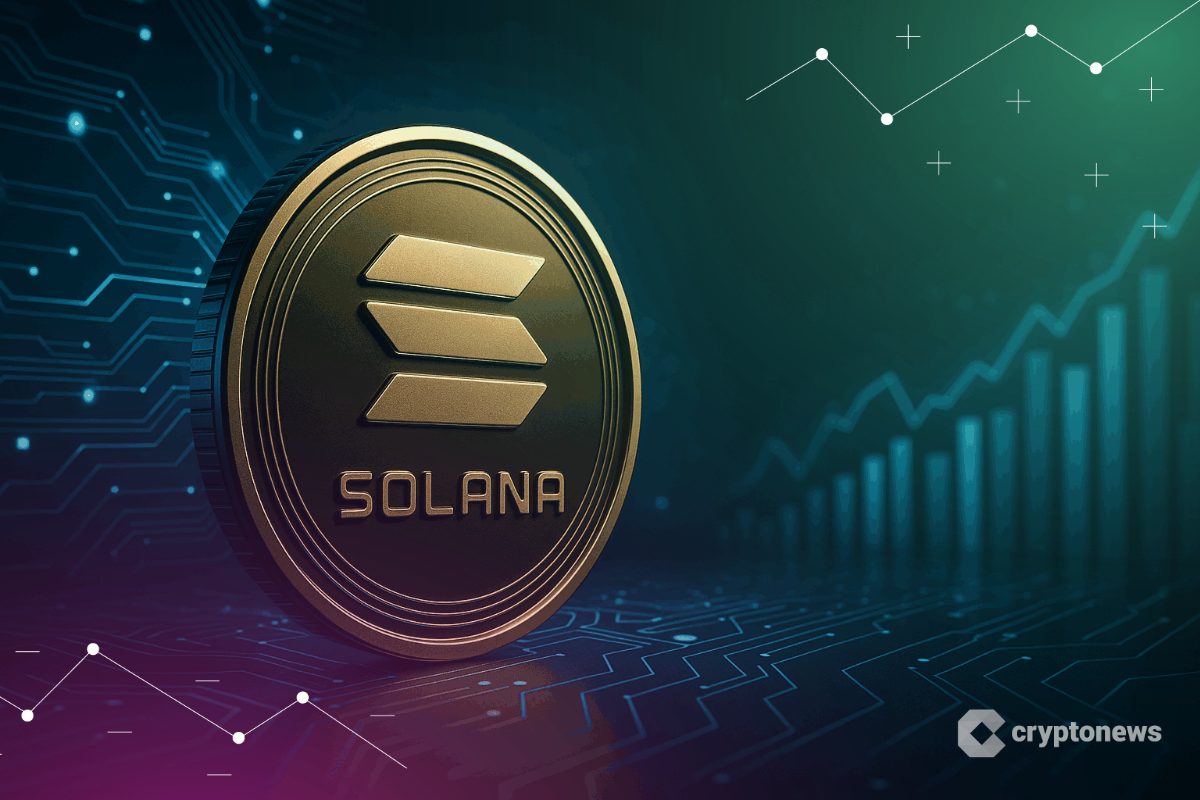Chainlink Becomes First to Achieve ISO 27001 and SOC 2 Compliance in 2025
TLDR
- Chainlink becomes the first oracle network to achieve ISO 27001 and SOC 2 certifications.
-
The new certifications validate Chainlink’s compliance with international security and operational standards.
-
Chainlink now offers secure solutions for decentralized finance and financial institutions.
-
Chainlink’s compliance strengthens its partnerships with major financial institutions like UBS and SWIFT.
Chainlink announced a significant achievement in its security and compliance journey, securing both ISO 27001 and SOC 2 Type 1 certifications. These prestigious certifications make Chainlink the first data and interoperability oracle platform to meet these international security and operational standards. The certifications, verified by Deloitte & Touche LLP, underscore the platform’s commitment to safeguarding its infrastructure and ensuring trust among its institutional partners.
ISO 27001 and SOC 2 compliance highlight Chainlink’s rigorous adherence to best practices in security, operational controls, and client data protection. These certifications are especially relevant as Chainlink continues to expand its reach within decentralized finance (DeFi) and beyond, ensuring that its solutions meet the growing demands of institutional clients, including banks and financial services.
Chainlink’s Position as a Trusted Enterprise Solution
Chainlink’s new compliance certifications reinforce its position as a leading provider of enterprise-grade blockchain solutions. The platform’s core offerings, such as Chainlink Data Feeds and Cross-Chain Interoperability Protocol (CCIP), were key to the certification process.
These services are essential for powering secure and compliant use cases across industries, particularly in financial institutions that require robust, tamper-proof systems for cross-border payments, tokenized assets, and smart contract execution.
The certifications also emphasize Chainlink’s commitment to security. As decentralized finance continues to grow, securing user data and transactions becomes paramount. By meeting these global standards, Chainlink has strengthened its reputation as a trusted provider of blockchain infrastructure for businesses operating in highly regulated environments.
Partnerships and Growth Following Certification
Chainlink’s enhanced security measures, backed by ISO 27001 and SOC 2, are expected to boost its partnerships with leading financial institutions and DeFi platforms. With these certifications, financial firms such as UBS, SWIFT, and ANZ Bank, which have already integrated Chainlink’s interoperability solutions, can be more confident in adopting Chainlink’s technology for critical, high-value transactions.
Additionally, Chainlink’s compliance has opened the door for further institutional adoption. This includes applications for use cases such as Delivery vs.
Payment (DvP) settlement and stablecoin servicing, both of which require high levels of security and regulatory compliance. Chainlink’s ability to deliver secure, compliant solutions makes it a go-to platform for financial institutions looking to adopt blockchain technology while ensuring regulatory adherence.
The post Chainlink Becomes First to Achieve ISO 27001 and SOC 2 Compliance in 2025 appeared first on CoinCentral.
You May Also Like

XRP Price Prediction: Investors book $300M profit as hawkish expectation rises ahead of Powell's speech

BNB hits $883 ATH – Can it break $1K despite THIS hurdle?
